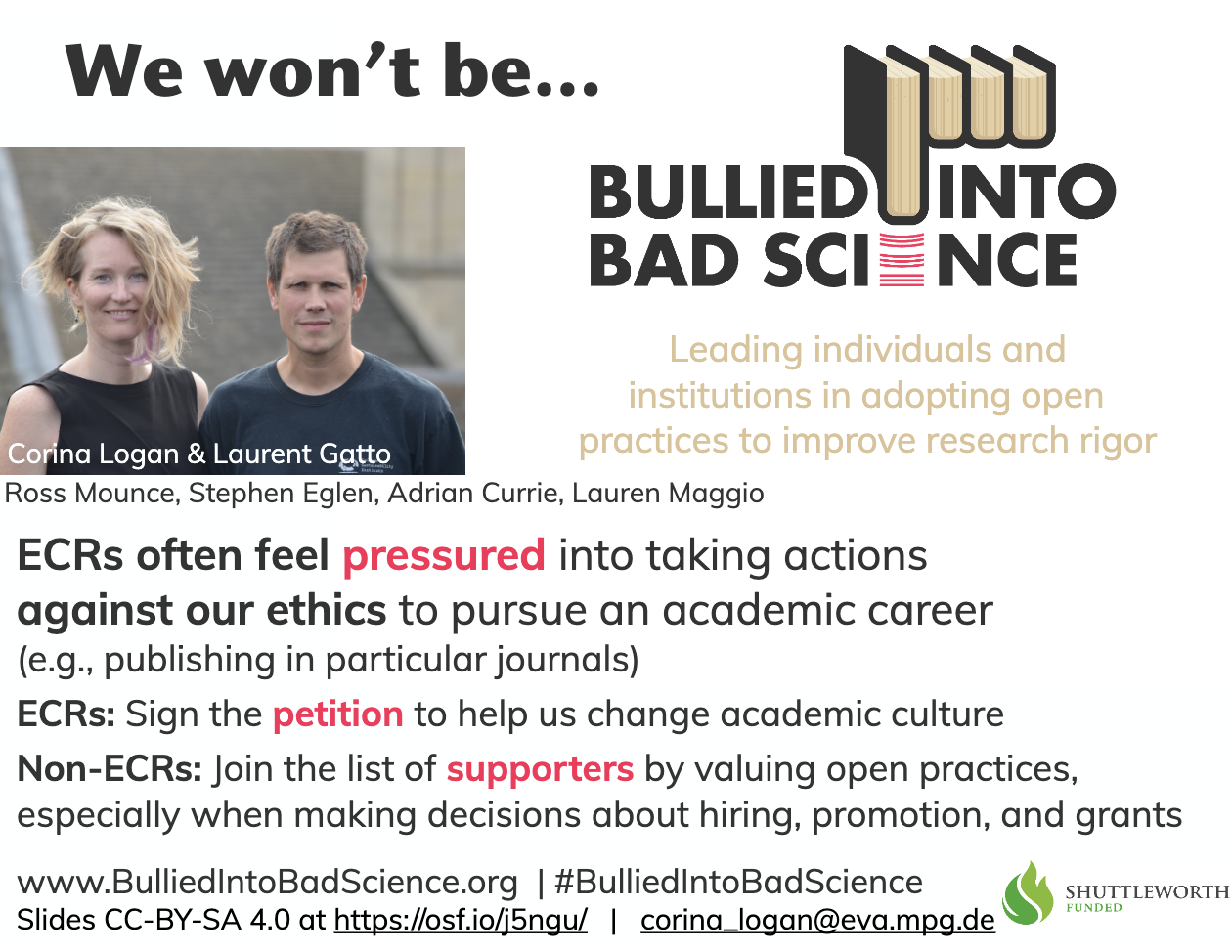Our values, motivtion, and vision
We value improvements in tools to support sharing and reproducibility, the design of repositories for collecting reproducible experiments and observations, techniques to query and analyze shared data, and workflows to facilitate re-use.
Open science is closely related to reproducibility, sharing needs in both technological and software advances as well as in changes to the research culture. However, reproducible research need not be completely open and there are cases where it will not be due to privacy issues, proprietary data, or reluctance on the part of scientists to share software that has taken years to develop or data that was hard to acquire.
We are motivated by the view that reproducibility starts at the level of individual scientists or groups of collaborators being able to reproduce and build upon their own work, as well as to later verify its correctness if necessary. Our vision of open science to work towards broader sharing that typically requires and facilitates reproducibility.
For implementing sustainable policy on reproducible science we are motivated by, and working from, the National Academies of Sciences, Engineering and Medicine reports Open Science By Design: Realizing a Vision for 21st Century Research (2018), Reproducibility and Replicability in Science (2019) and the Center for Open Science’s Transparency and Openness Promotion guidelines.









